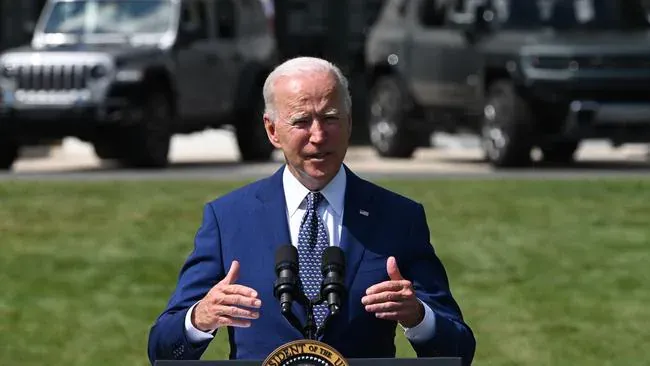History will probably show August 5th, 2021, as the day when internal combustion engines as the primary source of power for motor vehicles were over. Standing on the White House lawn backed up by a fleet of the newest electric vehicles from several different manufacturers, President Biden enthusiastically announced that the future of the automobile is electric, "and there is no turning back."
To that end, the President signed an Executive Order that set an ambitious new target to make half of all new vehicles sold in 2030 zero-emissions vehicles. Is that truly an ambitious goal? Consider this. Zero-emission electric vehicles in 2021 account for just over 2% of new vehicle sales.
To reach the President's newly stated 50% objective for zero-emission vehicles in 2030 would require an annual market share increase of just over 40% per year! Yes, it is ambitious.
The same Executive Order also kicked off the development of long-term fuel efficiency and emissions standards aimed at cutting pollution, improving public health, advancing environmental justice, helping to tackle the climate crisis, and saving consumers money. Consistent with this part of the Executive Order, the Environmental Protection Agency (EPA) and the U.S. Department of Transportation (USDOT) announced how they are addressing the previous administration's harmful rollbacks of near-term fuel efficiency and emission standards. These are coordinated announcements of proposed rules by the two agencies, but passed, they believe it should deliver around $140 billion in net benefits over the program's life, save about 200 billion gallons of gasoline, and reduce around two billion metric tons of carbon pollution. The Departments claim that the average consumer would enjoy a net benefit of up to $900 over the life of the vehicle in terms of fuel savings.
When paired with the investments in President Biden's Build Back Better Agenda, these changes are designed to enhance America's position in clean cars and trucks by accelerating innovation in manufacturing in the auto industry, enhancing our domestic supply chain, and bringing jobs back to our shores. It will take investments to do that.
You might have expected the auto industry to balk at almost any new or more aggressive standards and requirements on their products; interestingly, several of the world's most respected car companies made a joint statement on the very same day, announcing their support for the new Federal Vehicle Emissions Standards! BMW, Ford, Honda, Volkswagen, and Volvo Cars were all signatories of the joint statement.
While fierce competitors in the marketplace, they all found themselves on the same side a few years ago when the state of California wanted to continue to have its own more stringent exhaust emission standards, but the Trump administration wanted a single and more relaxed standard for all U.S. states. Regarding the proposed Biden administration's move to set new Federal Vehicle Emission Standards, they announced the following:
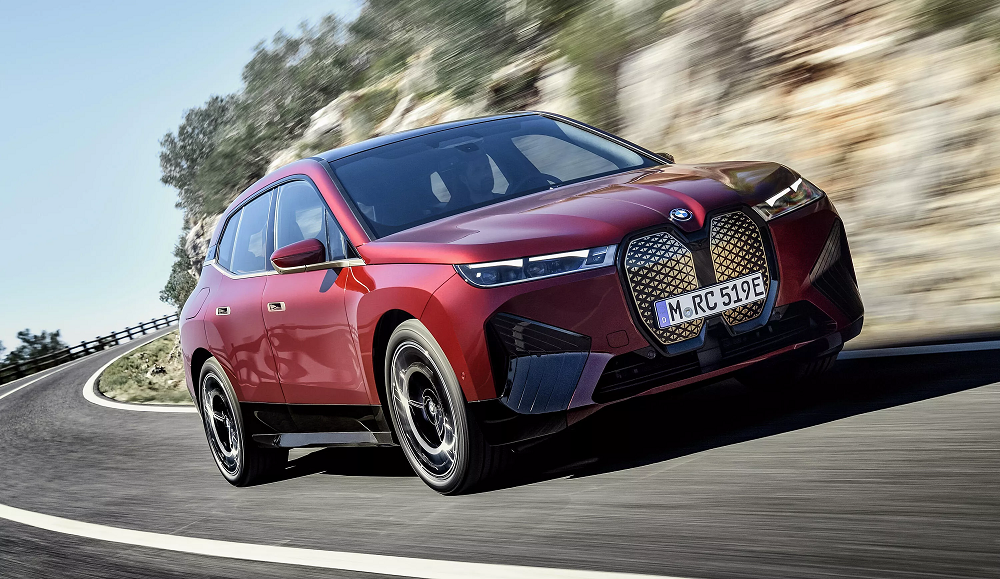
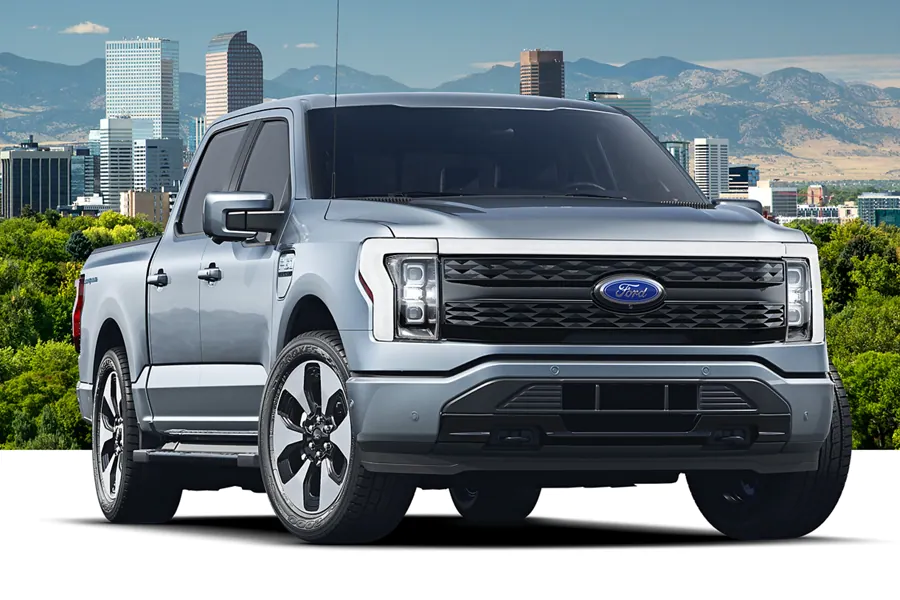


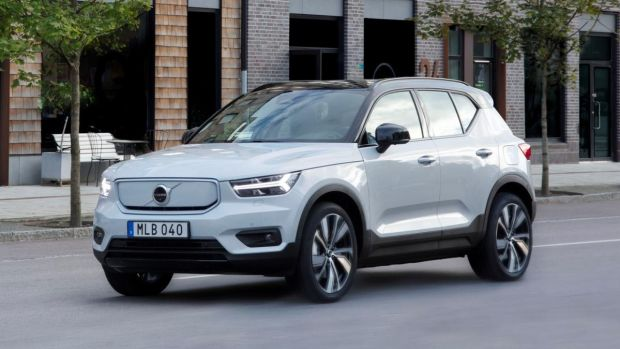
"We were proud to stand with California to establish progressive new greenhouse gas regulations, and we remain committed to leading the industry in fighting against climate change. That's why we support the Administration's goal of reaching an electric vehicle future and applaud President Biden's leadership on reducing emissions and investing in critical infrastructure to achieve these reductions. While the California framework companies are driving towards 40-50% of our sales being EVs in the next nine years, bold action from our partners in the federal government is crucial to build the consumer demand for electric vehicles and put us on track to achieve the global commitments of the Paris climate agreement. That includes a strong nationwide greenhouse gas emissions standard, continued investments in charging infrastructure, and broad consumer incentives for all-electric vehicle purchases."
Having worked for automobile manufacturers and importers for almost my entire life, I can tell you that they do not often agree on many things. So this document is historically significant and demonstrates these companies' commitment towards making the switch to zero-emission vehicles. If you think for a moment about what an automobile company is really selling you, it is not really a car; it is mobility and a product that reflects your values, needs, and taste. Ultimately, carmakers are not married to fossil fuels or internal combustion engines. Those just happened to be the best available solutions for providing individual mobility for roughly the past 100 years. Now, the time is right for electric-powered vehicles, and they are up to the challenge. The change will bring challenges, and they won't be easy. Consider these points, if you will:
- Customers will have to pay a premium price to drive an electric car, but in most cases, it is not one they asked for or are very familiar with.
- Most drivers have little to no experience with an electric vehicle.
- While every driver can find a gas station virtually everywhere they go, they are aware of few, if any, electric charging stations.
- People know that it takes much longer to charge an electric car than it does to refuel a gasoline-powered vehicle.
- Many car owners don't have a garage or driveway where they could charge their car at home.
- Will there be a charging station everywhere I want to travel?
- The number one objection to electric vehicles is "range anxiety," the fear of running out of charge before getting to your destination.
- Potential buyers are concerned about the economics of owning an electric car, cost of maintenance, charging expenses, battery replacement, and value in the used car market.
Other Concerns Include:
- Can the electrical grid support the additional load of charging the entire electric fleet?
- Will the battery industry be able to supply the rapidly increasing demand from car companies?
- Will the battery industry be able to get enough of the rare earth elements to make the number of batteries the car industry will require?
- What harm will gathering the increased amounts of rare earth materials do to our environment?
- Will we be able to make our supply chains shorter to enhance employment in each continent?
- We must develop an efficient recycling system for battery scrap from the manufacturing process and end-of-life battery recycling. We should also strive to make recycling as close to the manufacturing and user base as possible.
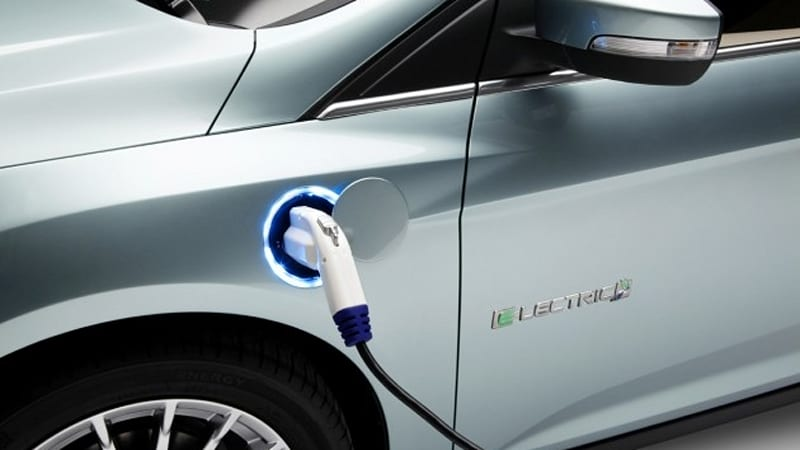
The switch from fossil fuels to EVs is a valuable advancement in our desire to reduce greenhouse gasses and protect our climate. But it will not be an easy transition. This may have been the week that we will look back on as the turning point.
After all, any day when five major international car companies and the United States Federal Government can agree on anything is a date worth noting!

